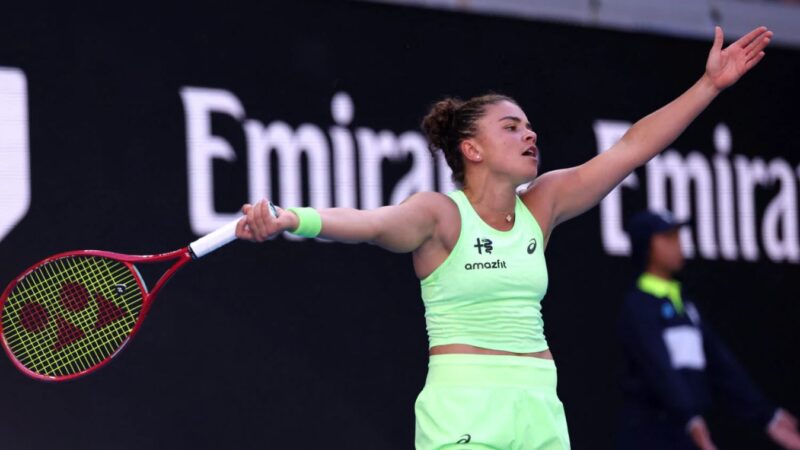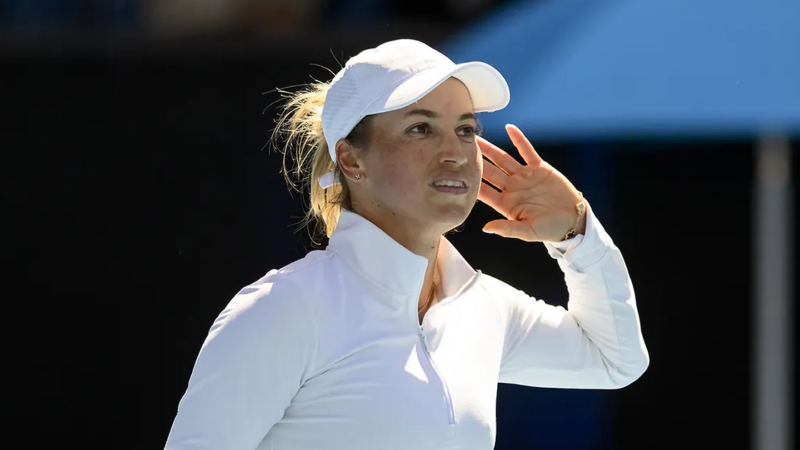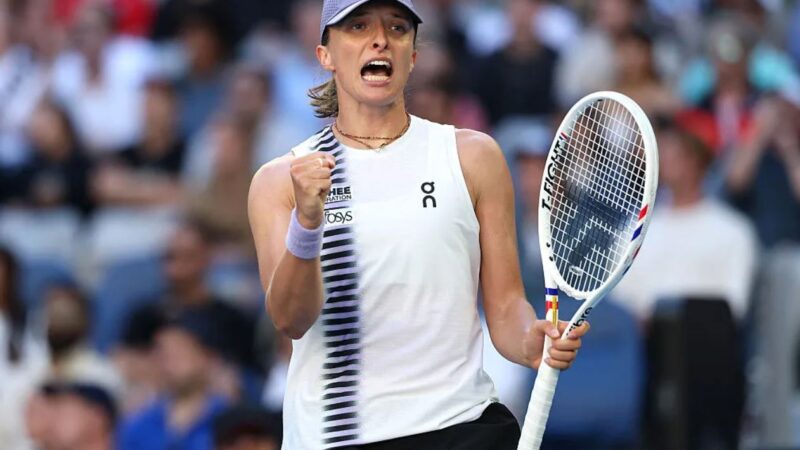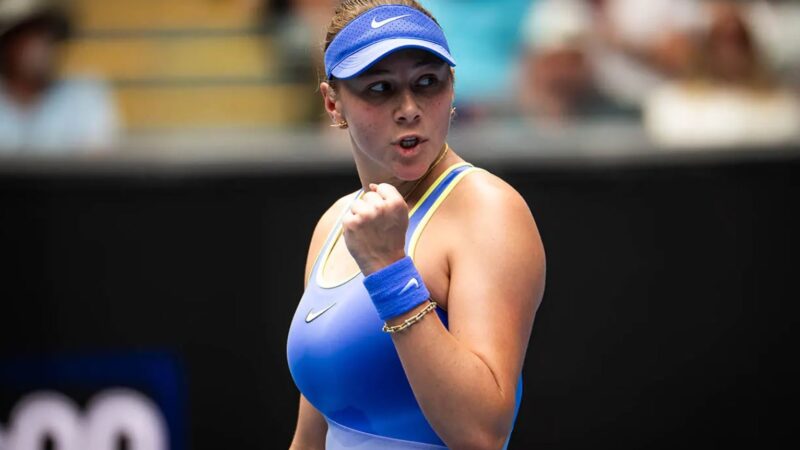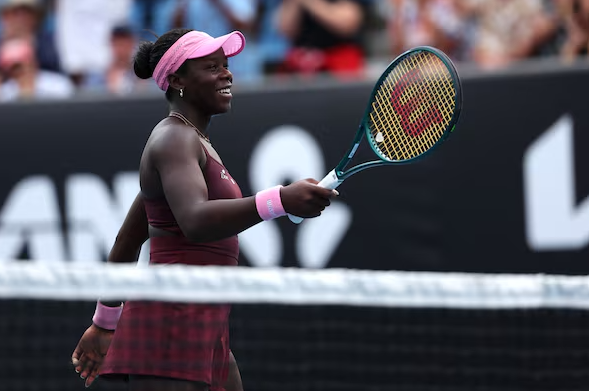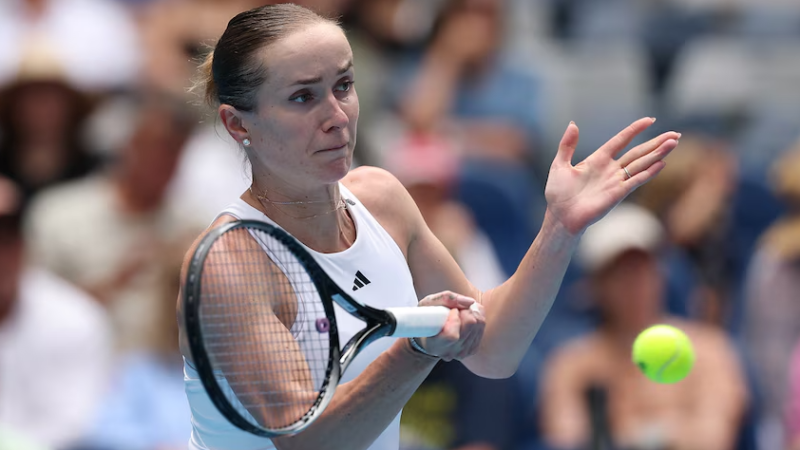The agony of six points that cost Mirra Andreeva the WTA Finals
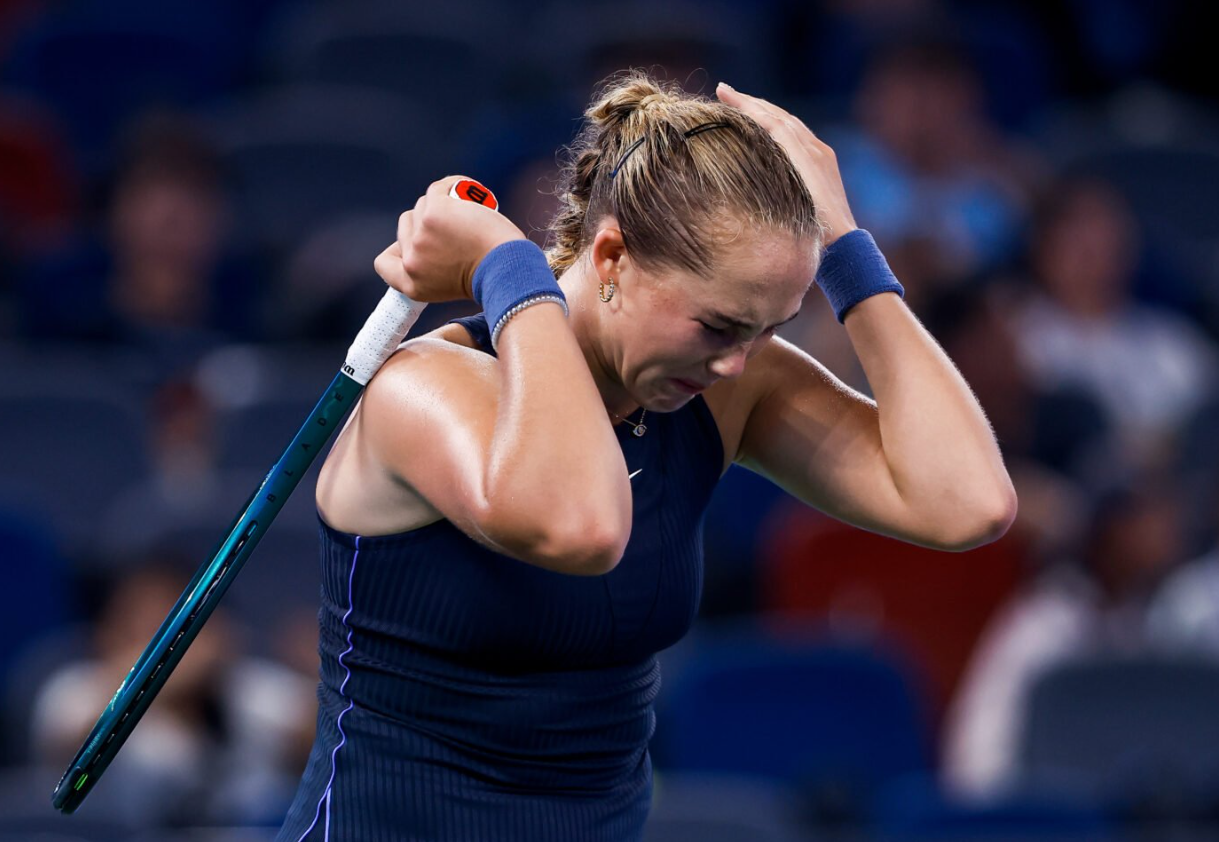
There’s a particular kind of heartbreak in sport that doesn’t come from losing a match, but from realizing that every missed chance, every unconverted break point, every early exit over an entire season has quietly conspired against you.
For Mirra Andreeva, that heartbreak arrived not on a court, but through a result in Tokyo. It came in a match she didn’t even play.
When Elena Rybakina beat Victoria Mboko in the Tokyo Open quarterfinals, the equation was sealed. Andreeva, who had been in contention for a spot at the WTA Finals all year, was officially out of the race.
She missed qualification by just six points, which is the second-narrowest margin in the history of the tournament. Only once before, in 2009, had the difference between the final qualifier and the next best been smaller, when Vera Zvonareva missed out by five.
For Andreeva, it’s a bitter twist in what was once a glittering campaign. The 18-year-old Russian began 2025 with a kind of fearlessness that made the tennis world take notice.
Back-to-back titles in Dubai and Indian Wells gave her a massive 2,000-point cushion before spring had even arrived. She seemed destined not just for Riyadh, but for something bigger. Perhaps even a top-five finish.
But sport, especially women’s tennis in its current state of dizzying competitiveness, rarely follows a straight line. After Indian Wells, Andreeva’s season gradually frayed at the edges.
She reached a string of quarterfinals — Madrid, Rome, Roland Garros, Wimbledon — but none of them turned into something more. The spark that had ignited her early triumphs seemed to flicker just when she needed it most.
By the time the tour shifted to Asia, the margins had grown uncomfortably tight. After the US Open, Andreeva still held seventh place in the Race to Riyadh with 4,189 points. Rybakina and Jasmine Paolini trailed behind her, both within striking distance.
Yet while they surged late in the season, Andreeva faltered. She managed just two wins in three Asian events. A fourth-round exit in Beijing, followed by early losses in Wuhan and Ningbo allowed her to scrape together a mere 130 points in a stretch that would ultimately define her fate.
Then came the cruelest twist of all. Tokyo.
With her season hanging in the balance, Andreeva couldn’t even take the court. Visa issues prevented her from entering Japan, leaving her stranded while her rivals battled for the last remaining Finals spots.
Watching from afar as Rybakina advanced to the semifinals, which was the exact result needed to eliminate her, must have felt like slow-motion heartbreak.
In the end, Andreeva finished the season with 4,319 points, just behind Paolini’s 4,325. It’s the first time since 2012 that a player with more than 4,000 points won’t play in the WTA Finals.
That detail feels almost cruel in its precision. It’s proof of how the WTA landscape has evolved into a minefield of parity, where even excellence offers no guarantees.
And yet, amid the disappointment, there’s perspective to be found. Andreeva’s consistency, even in what she might consider a “flat” season, speaks volumes about her foundation.
To be 18 years old, to have won two WTA 1000 titles, to have made multiple Grand Slam quarterfinals, and to fall just six points short of the season-ending championships — it’s the kind of resume most players would dream of.
There is still a silver lining on her horizon. Andreeva will make the trip to Riyadh after all, competing in doubles alongside Diana Shnaider, with whom she’s built one of the most dynamic partnerships of the year.

